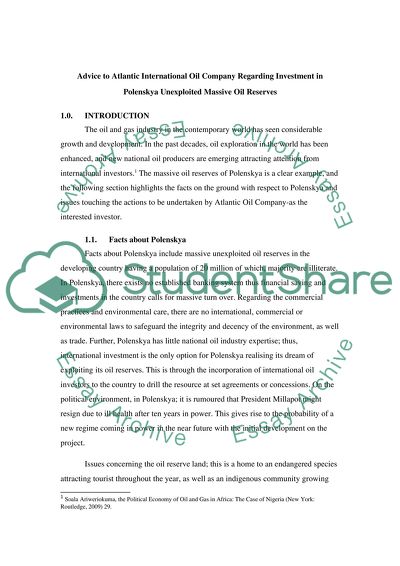Cite this document
(“International Oil & Gas Law Coursework Example | Topics and Well Written Essays - 3250 words”, n.d.)
Retrieved from https://studentshare.org/law/1397352-international-oil-gas-law
Retrieved from https://studentshare.org/law/1397352-international-oil-gas-law
(International Oil & Gas Law Coursework Example | Topics and Well Written Essays - 3250 Words)
https://studentshare.org/law/1397352-international-oil-gas-law.
https://studentshare.org/law/1397352-international-oil-gas-law.
“International Oil & Gas Law Coursework Example | Topics and Well Written Essays - 3250 Words”, n.d. https://studentshare.org/law/1397352-international-oil-gas-law.


